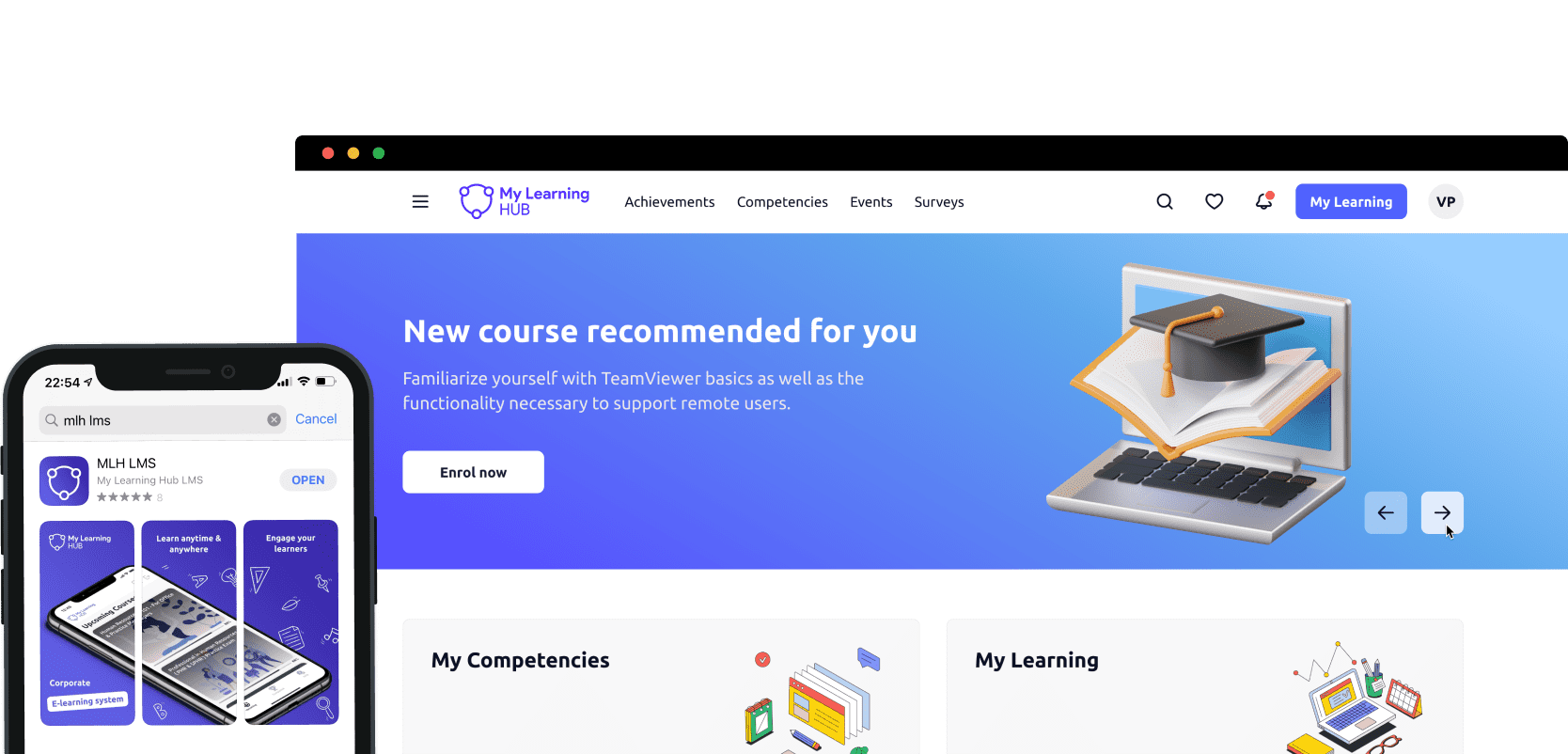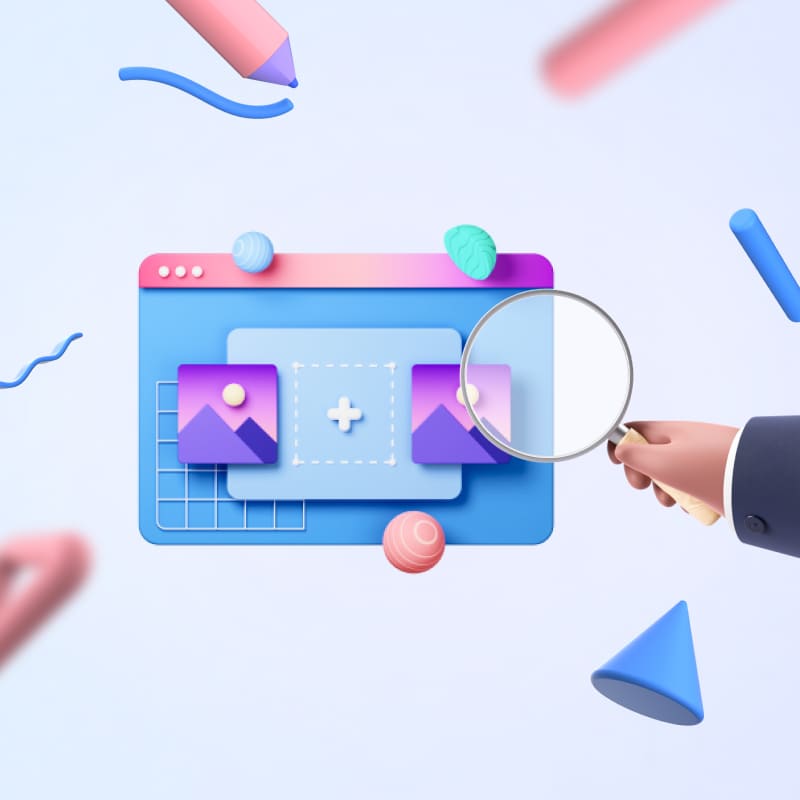
Choosing an LMS can be overwhelming. Many factors must be considered, and the options seem endless. Here are some questions to ask yourself before making your decision.
What is most important to you? Functionality? Price? Ease of use? Customisation? There is no right or wrong answer, but knowing what's important to you will help narrow down your options.
This post will outline some questions you should ask yourself before deciding. So whether you're just starting your research or already narrowed down your options, read on for tips that will help you choose the best LMS for your needs.
What are Your Needs, and What Features are Important to You?
An LMS does not fit all needs. The needs of each organisation are unique, and the important features will vary from one group to the next. However, there are some general things to remember when choosing an LMS.
First, consider your specific needs and objectives. What goals do you hope to achieve by using an LMS? What kinds of content will you be delivering?
Second, think about the user experience. How easy will it be for your employees or other learners to use the system? How intuitive is the interface?
Third, take into account the scalability of the system. Can it accommodate your future growth?
Finally, ensure that the system has all the required features and functionality. You can select the best LMS for your organisation by considering all these factors.
How Many Users Do You Anticipate Needing on The System When selecting an LMS?
One of the key factors to consider is the number of users that will need to be supported. For small businesses, a basic LMS that can support up to 500 users may be sufficient. Larger businesses, however, may require a more robust system that can support up to 5,000 users or more, if it also includes external training, may be necessary.
It's important to select an LMS that can accommodate your business's future growth plans and any specialised features that may be required. Finding the right LMS for your business can be challenging, with many choices.
If you assess your needs and compare your options, you can find an LMS to help you meet your business goals.
Are There Any Specific Integrations That are Required?
There are a few key factors to consider when selecting an LMS, and one of the most important is integrations. Your LMS must integrate with your other software systems to function properly. For example, you'll need to ensure that your LMS integrates with your HR system so employee data can be seamlessly transferred.
You'll also need to ensure that your LMS integrates with your learning management system to access your training materials easily.
If you don't take the time to select an LMS with the right integrations, you may face many headaches down the road.
Do You Need an Authoring Tool in Your Learning Platform?
When selecting an LMS, it's important to consider what features and integrations are most important to you and your team.
First, consider whether you need a tool to create both digital and traditional content. If so, look for an authoring tool that offers features like built-in templates and the ability to publish directly to the web.
Additionally, consider whether you need a tool that offers full multimedia support or if you're looking for something simpler. Various authoring tools are available, so select one that meets your specific needs.
How Often Do You Make Changes to the Course?
In selecting an LMS, it's important to consider how often you'll need to change the course. If you plan on making changes regularly, you'll want to choose an LMS that makes it easy.
For example, some LMSs allow you to edit the text of a course and update it automatically in the cloud, while others require you to republish the entire course.
In addition, it's worth considering how difficult it is to make changes to the overall structure of a course. Some LMSs make adding, removing, or rearranging modules easy, while others require you to export and import data to make changes.
Will You Need Technical Support for Set Up and Ongoing Maintenance?
When selecting an LMS for your business or organisation, it's important to consider whether you need technical support for set-up and ongoing maintenance.
Many LMS providers offer technical support as part of their service, but some charge extra for this. In addition, some LMS platforms are easier to set up and maintain than others.
If you're uncomfortable with technology or don't have someone on staff who can handle this, it's worth selecting a user-friendly and easy-to-maintain LMS. Otherwise, you may spend a lot of time and money on technical support.
How Much Does an LMS Cost, and is it Affordable for Your Organisation?
When selecting an LMS, it's important to consider the cost. Some LMS platforms are very expensive, while others are more affordable.
The price of an LMS can vary depending on many factors, such as the features and integrations offered, the level of technical support included, and whether you need a licence for multiple users.
Be sure to consider the cost of an LMS before making a purchase, and make sure that it's affordable for your organisation and its potential growth.
Verdict
It can be difficult to determine which features are important in an LMS system and which ones will benefit your organisation most. That's why we offer a free demo so that you can explore our tools and see how they might work for you and your organisation.
We want to ensure you have all the information necessary to make an informed decision about your learning management system needs.
Contact us today to book a free demo with one of our team members, and let us help you find the perfect system for your organisation.













